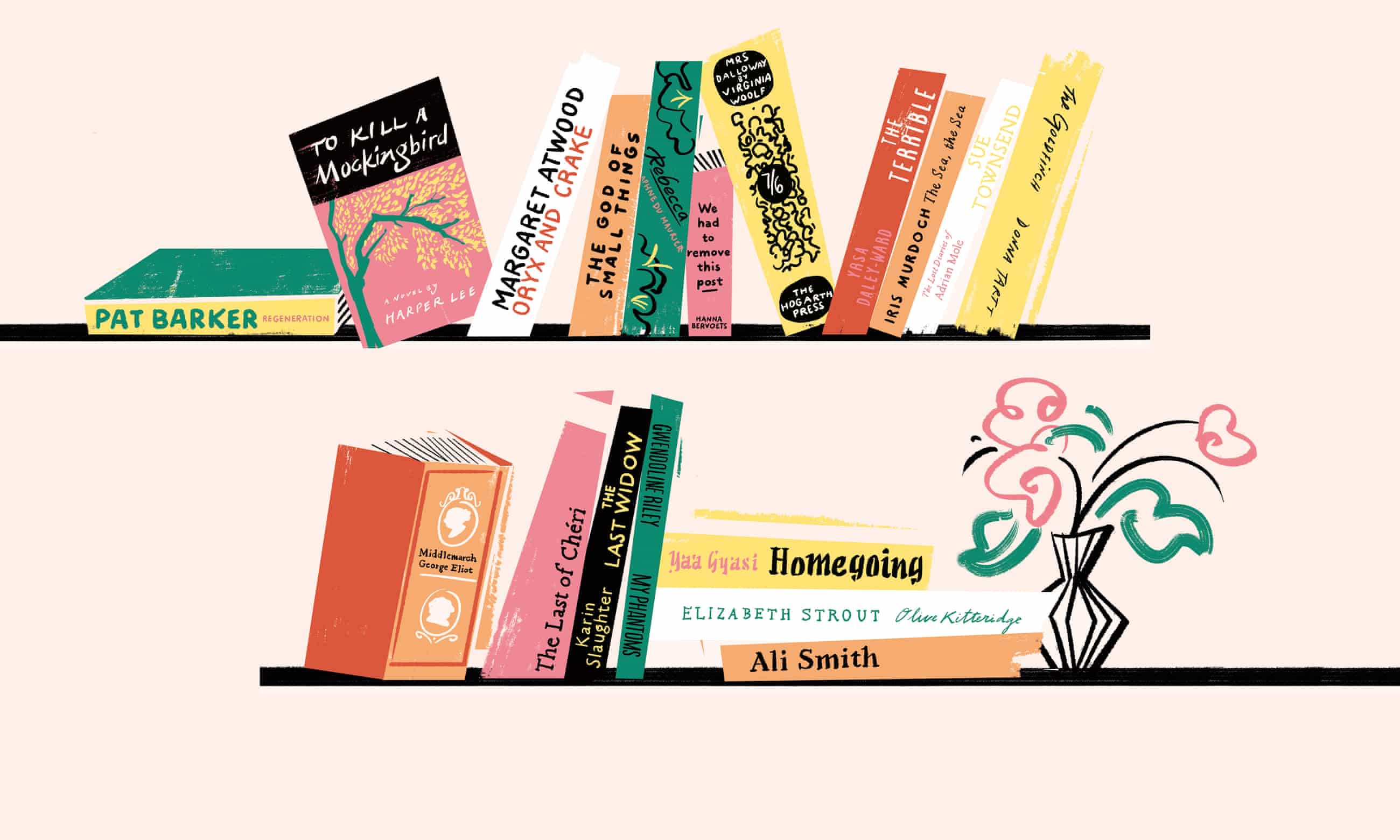Marta Moreno's contribution
The Book & The Author
.jpg/500px-Hernan_Diaz%2C_May_2022_(cropped).jpg) |
| Wikipedia |
I have always felt fascinated by those who live between two languages and those who feel more at home writing in a language that is not their mother tongue. This is the case of Joseph Conrad, who apparently was hard to understand when speaking because he had such a thick Polish accent. And nowadays we have the example of Junot Diaz, whose novel The Wondrous Life of Oscar Wao drifts seamlessly from Spanish to English and back. On the other side of the spectrum, Benjamin Labatut has chosen to write Un verdor terrible and Maniac in Spanish but he could perfectly have written these books in English. However, in his own words, they would have been totally different. Far from comparing myself with such geniuses, I’d say that I often find it easier to express myself in English than in Spanish when it comes to writing, and I feel that my voice is definitely different in each language.
I imagined Diaz as the child of immigrants who spent most of his life in the US, but in this I was mistaken. It’s true that his parents had to flee the Argentinian dictatorship when he was very little, seeking asylum in Sweden. This is how he ended up growing up bilingual, speaking Spanish at home and Swedish at school and in the rest of his everyday life. One day a novel in English fell into his hands and he fell unexpectedly in love with American literature. Little by little, with the help of a dictionary he followed the story and this was the beginning of his lifelong passion.
Hernan Diaz studied English Literature in Argentina, where his family returned in the 1980s, continued his studies at King’s College London and, to cut a long story short, became a professor at Columbia University in New York.
 |
| Amazon |
The book can be obscure sometimes, especially when it gets into detail about the financial operations that make the protagonist amass his legendary wealth. If you are familiar with this field, this will surely add to the enjoyment of this masterpiece. If not, as it was my case, it will not stop you from relishing every single line of this novel.







